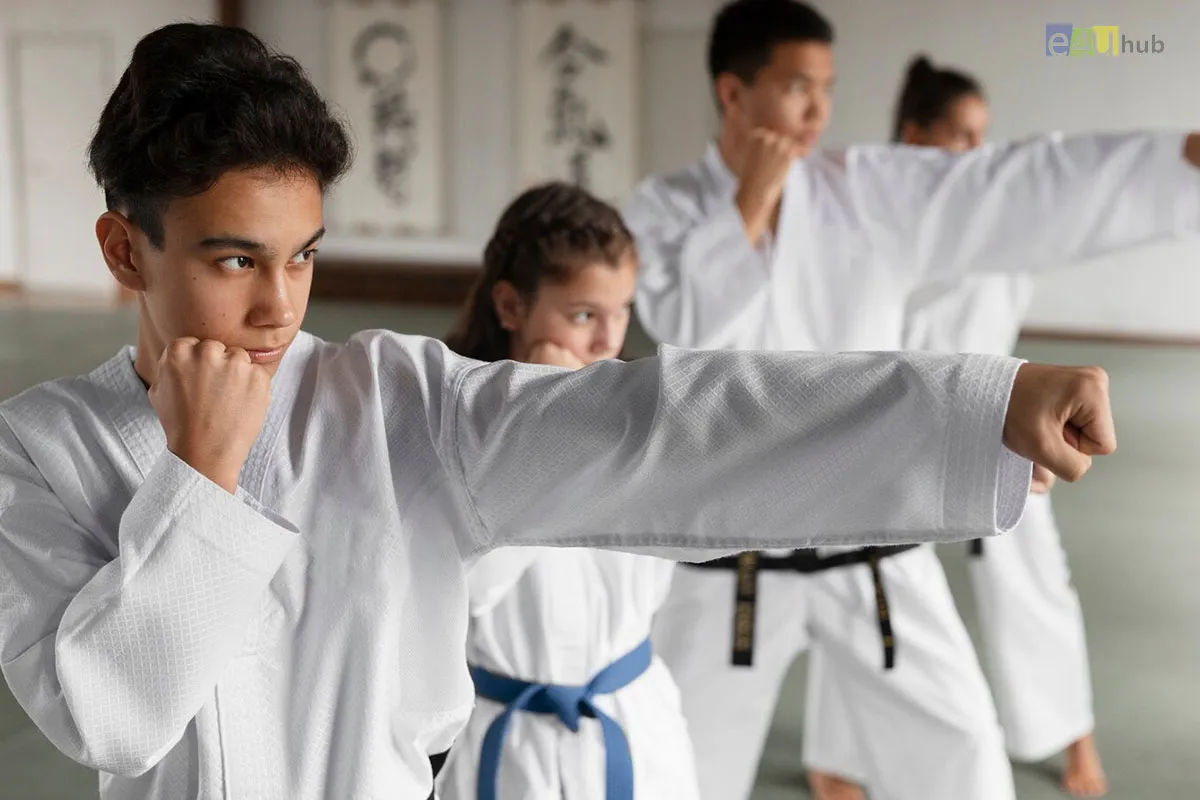
Mental, Social, And Physical Benefits Of Karate Classes For Kids
- 04 Jan, 2024
- Sports
- 844 Views
- 0 Comments
Enrolling children in karate classes extends beyond just learning martial arts techniques. Karate, as a discipline, offers a holistic approach that nurtures mental acuity, social skills, and physical well-being. In this blog post, we'll explore the myriad benefits that karate classes bring to the development of kids.
1. Enhanced Focus and Concentration:
Karate emphasizes the importance of mental focus and concentration. Through structured movements, forms, and techniques, children learn to channel their attention, promoting enhanced concentration in both academic and daily activities.
2. Discipline and Self-Control:
Discipline is a cornerstone of martial arts, and karate instills a sense of self-control in children. Learning to follow instructions, adhere to a structured training regimen, and exhibit respect for instructors and peers cultivates discipline that transcends the dojo.
3. Improved Confidence and Self-Esteem:
As children progress in their karate journey and achieve milestones, their confidence and self-esteem soar. Mastering techniques, earning belts, and facing challenges contribute to a sense of accomplishment that positively impacts their overall self-worth.
4. Social Skills and Teamwork:
Karate classes provide a social setting where children interact with peers and instructors. Working together on drills, practicing partner exercises, and participating in group activities foster teamwork, communication, and the development of strong social skills.
5. Emotional Regulation and Stress Relief:
Karate teaches children to manage their emotions in a healthy way. The discipline encourages self-regulation, providing an outlet for the release of pent-up energy and stress. The meditative aspects of karate also contribute to a sense of calm and emotional balance.
6. Physical Fitness and Coordination:
Engaging in karate classes enhances physical fitness, promoting strength, flexibility, and cardiovascular health. The dynamic movements involved in karate also contribute to improved coordination, balance, and overall motor skills development.
7. Respect for Others and Cultural Awareness:
Karate is rooted in traditions that emphasize respect for others and cultural awareness. Children learn to bow as a sign of respect, understand the history and philosophy of karate, and appreciate the diversity of martial arts practices around the world.
8. Goal Setting and Perseverance:
Karate classes encourage goal setting, from achieving the next belt rank to mastering a complex kata. This fosters a sense of purpose and perseverance in children, teaching them that hard work and dedication lead to success.
9. Conflict Resolution Skills:
Through martial arts philosophy and training, children learn peaceful conflict resolution. Karate emphasizes avoiding physical confrontation whenever possible and instills the importance of diplomacy and communication in resolving conflicts.
10. Life Skills Beyond the Dojo:
The skills acquired in karate classes extend beyond the training space. Children carry the principles of discipline, respect, and perseverance into their daily lives, positively impacting their interactions with family, friends, and the broader community.
Conclusion:
Enrolling children in karate classes goes beyond teaching them a martial art; it provides a transformative experience that nurtures their mental, social, and physical well-being. As they don their karate uniforms and step onto the dojo floor, children embark on a journey of self-discovery, personal growth, and the acquisition of life skills that will serve them well into adulthood. Karate, as a holistic discipline, empowers young minds and bodies, laying the foundation for a healthy, balanced, and confident future.







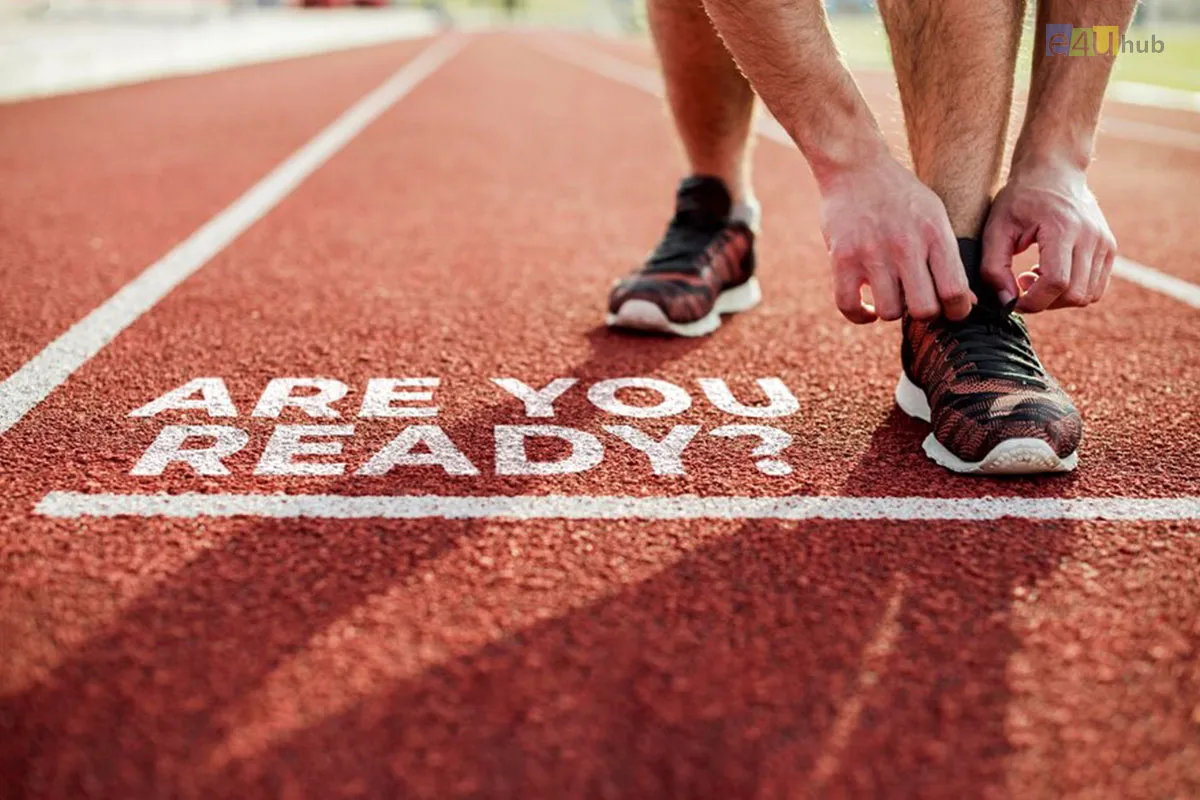

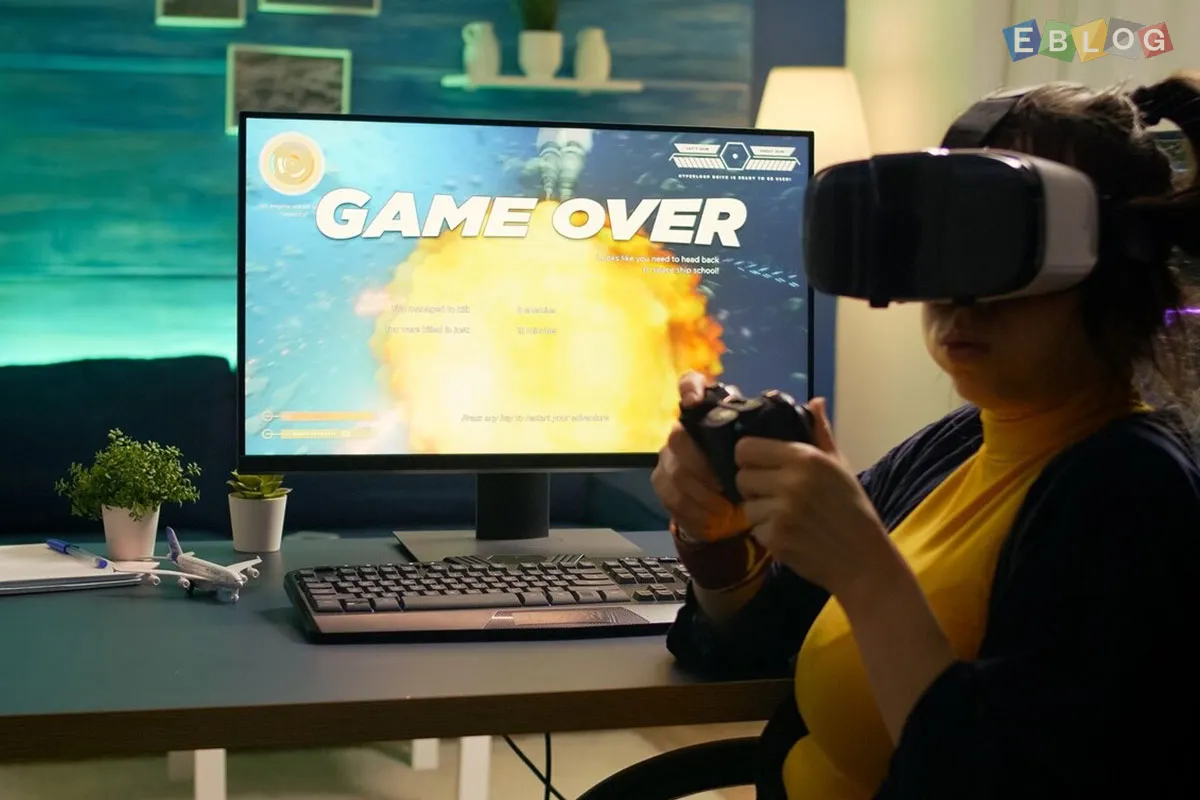
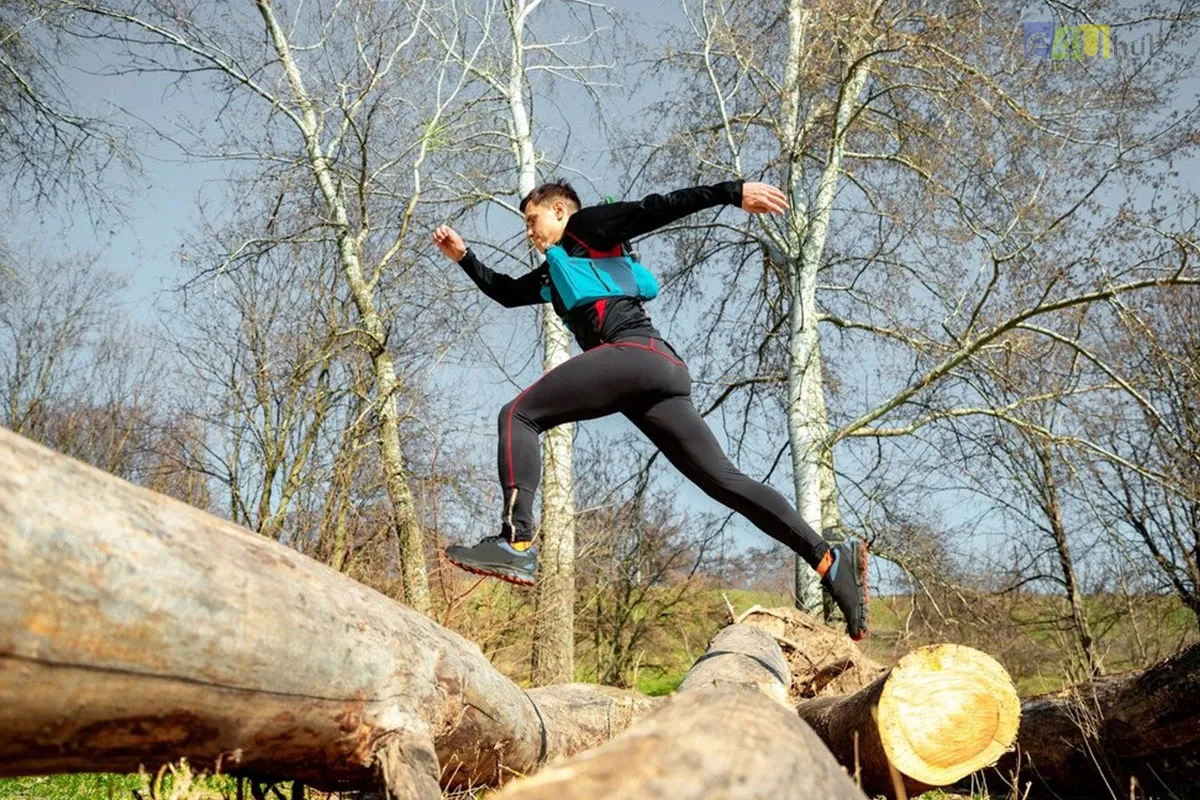

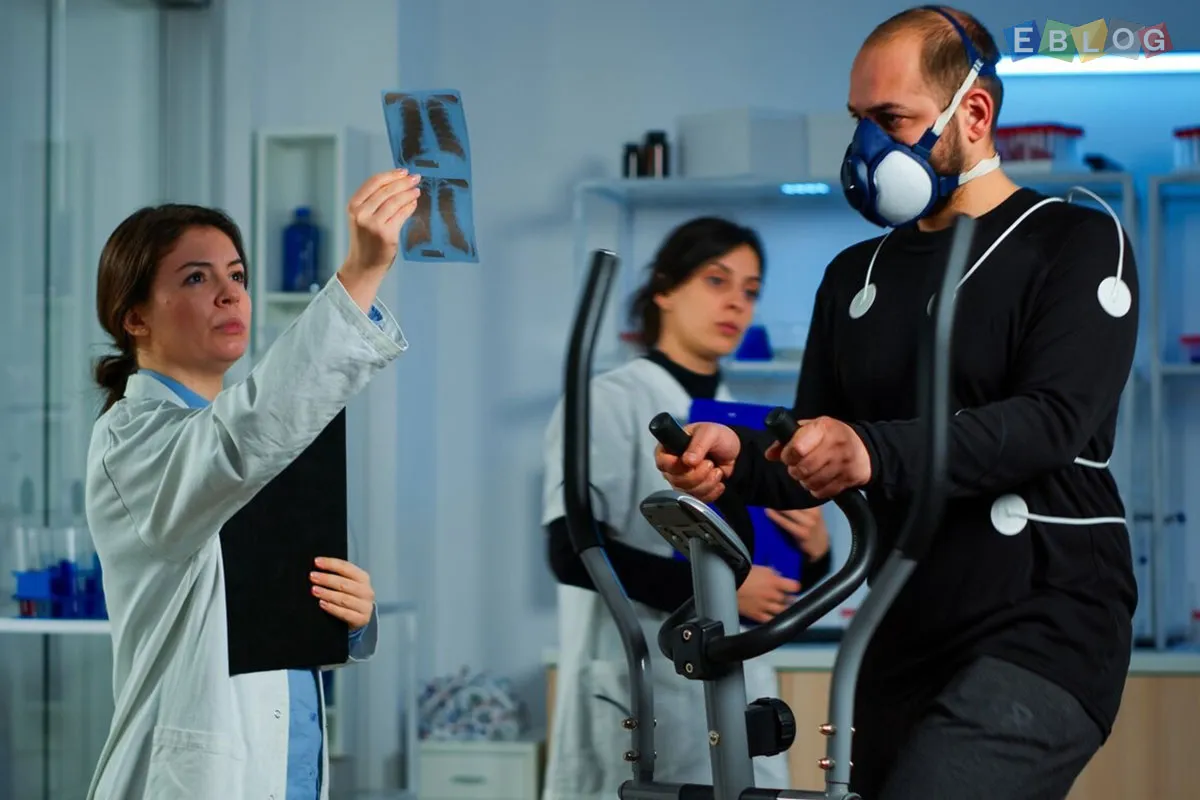

Leave a Reply